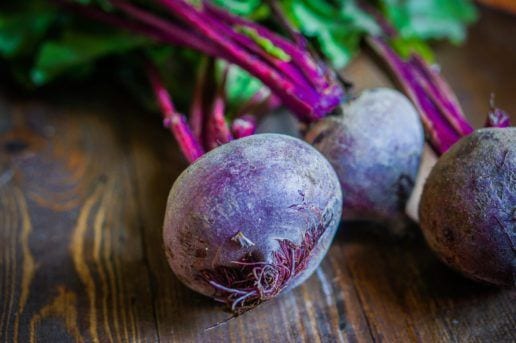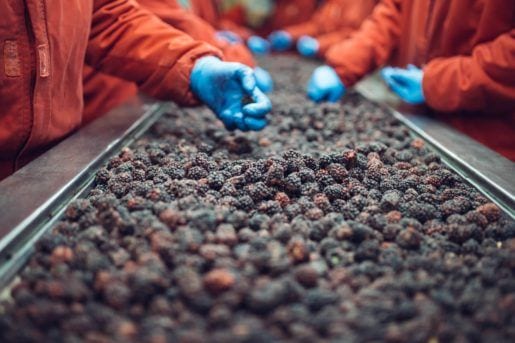If you’re the type of person who loves fresh fruits and vegetables, living in the Northeast can be tough during late fall and winter. With few fruits and vegetables in season thanks to the cold weather, most of the produce you’ll probably be buying will be shipped from far away. And the farther the items have to travel, the less flavorful they tend to be.
But don’t give up hope! Let this article serve as your guide to buying fruits and vegetables in the cold weather. We’ll start with the foods that will stay in season, and then move on to the best options for the foods that will not.
More from Best of NJ
What’s in Season During Cold Weather?
- Apples: Apples are relatively resistant to the cold, but they also store very well. Even if they weren’t harvested that month, you should be able to find apples at your local farmers market all year round.
- Beets: Beets love the cold. That’s why they’re such an integral part of Russian cuisine. The ground can be frosted and the beets will still survive. Look for them at the market during the winter.
- Parsnips: Parsnips are another root vegetable that does well in winter. They’re great for soups, or even just roasted in the oven like you would roast carrots.
- Leeks: Certain types of leeks can be harvested in the cold winter months. If you’ve never had leeks, you should try them! They’re somewhere between onions and scallions. They’ll be a great addition to that parsnip soup.
- Winter Squash: Winter squash may be a bit of a misnomer, because it’s actually harvested in fall. But it stores well, so you can probably find winter squash at your farmers market during the cold months.
- Collard greens: Collard greens are known as a southern vegetable, but they actually love the cold. In fact, they’re the most cold-resistant leafy green. They can survive in temperatures below freezing.
What about things that aren’t in season?
You probably don’t want to live off beets, parsnips and collard greens all winter. So what’s the best way to get more fruits and veggies during the cold months? Below are some key questions to ask when buying produce in winter.
Do local farmers have greenhouses?
If your local farmers market is open all year round, the farmers will probably have some vegetables that they’ve grown in a greenhouse. You may be surprised at the variety you find during winter. Leafy greens, tomatoes, peas, summer squash and other vegetables can be grown in greenhouses in the winter.
Is fresh or frozen better?
When shopping in the supermarket, should you go for the fresh produce that was shipped from California earlier that week? Or should you go for the frozen items? There is an argument that frozen is actually better, because the fruits and vegetables are harvested at peak ripeness and then preserved with freezing, whereas the fresh veggies have to be harvested before peak ripeness, to give them time to get to their final destination.
Whether this argument holds up probably depends on the companies doing the freezing or the shipping. But it’s certainly worth trying the frozen items to see if they’re better than fresh. This technique could help you save money on certain fruits that are super expensive in the winter, like berries.
Is canned an option?
What about canned fruits and veggies — should you consider them? The problem with cans is they often contain other things you don’t want, like sodium or sugary syrup. While the cans will keep the fruits and veggies sweet until you’re ready to eat them, from a health perspective, you should only buy them if they don’t come with extra salt and sugar.
Hero (Top) Feature Image: © Maksim Shebeko / Adobe Stock
Additional Images (in Order) Courtesy:
ehaurylik / Adobe Stock
Dusko / Adobe Stock














